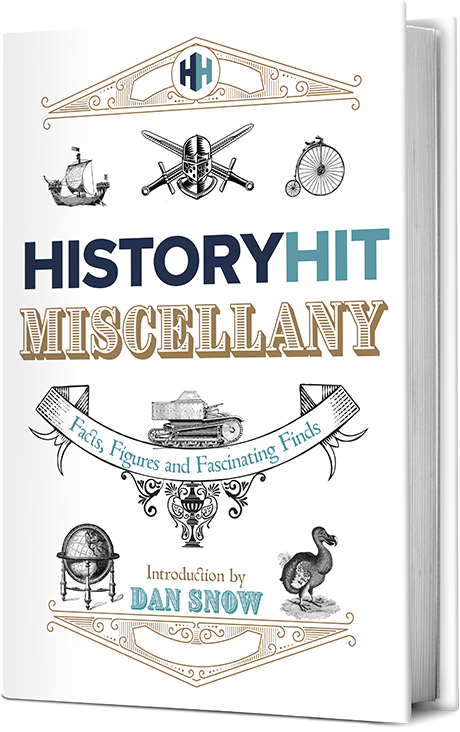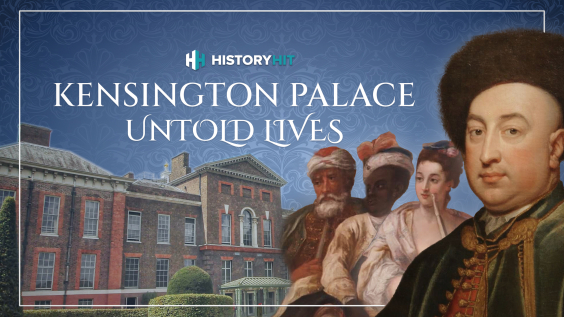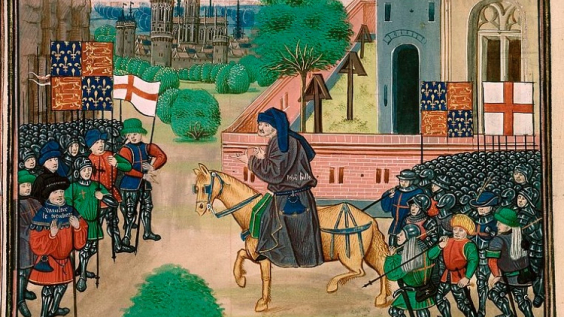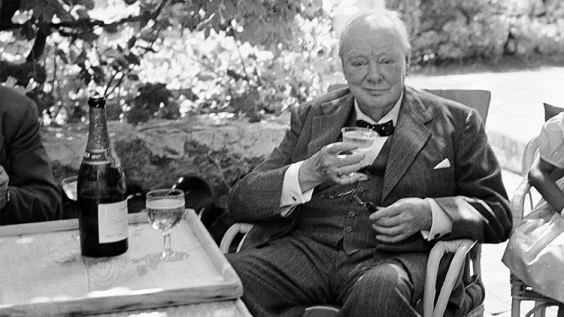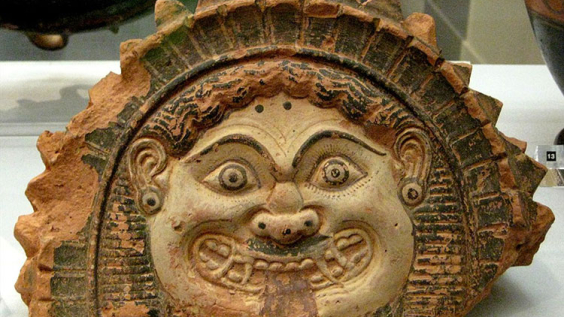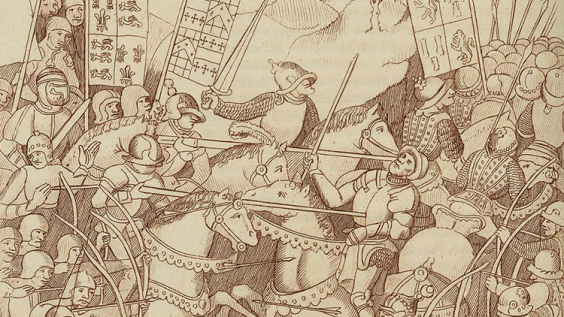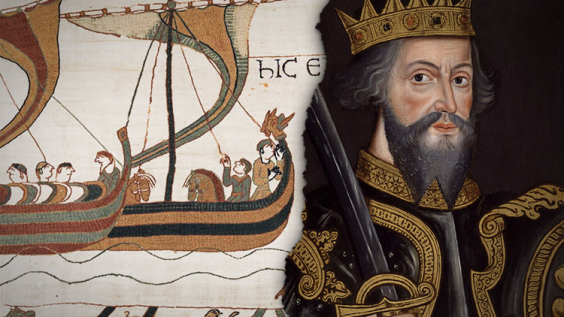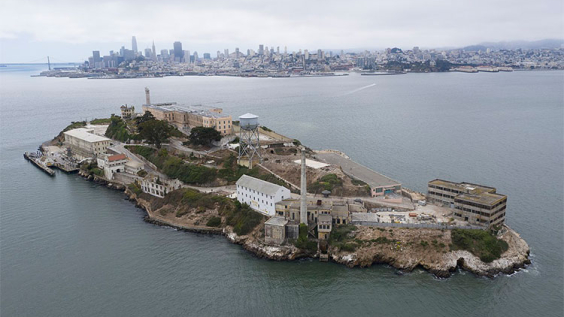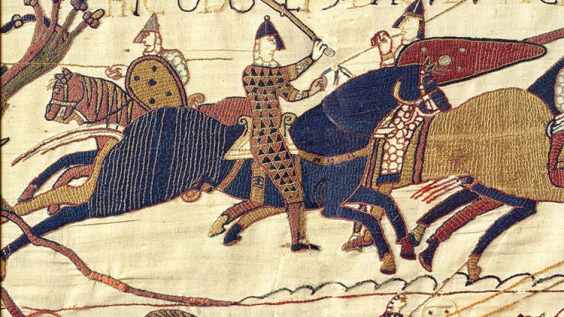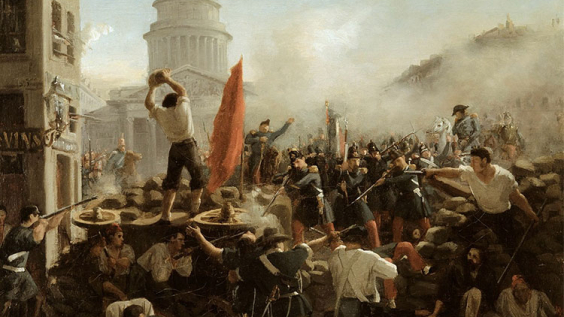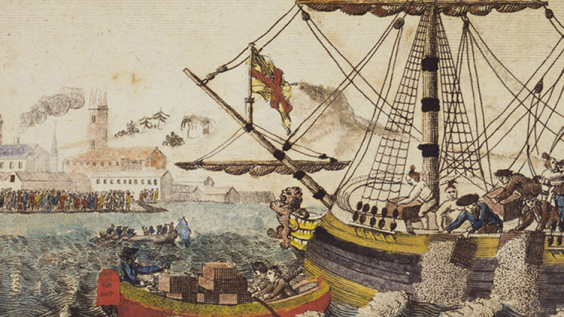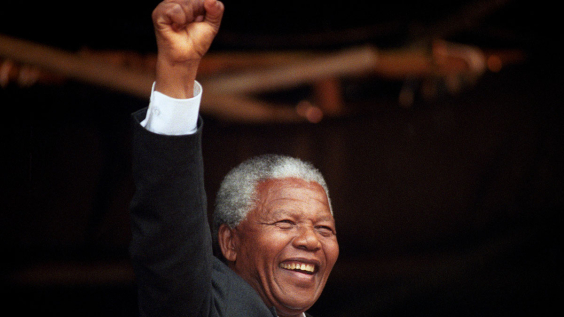
The Munich Beer Hall Putsch was a failed coup d’état by the leader of the Nazi Party, Adolf Hitler on 8-9 November 1923. It attempted to capitalise on a sense of disillusionment in German society following the First World War – particularly caused by the recent hyperinflation crisis.
A difficult start to the Weimar Republic
The Weimar Republic was challenged frequently in its early years from both the left and the right in Germany, and the Russian Revolution had set a precedent that many feared Germany would follow.
There were active riots and widespread opposition to the government, and Bavaria in particular clashed with the federal government frequently. Bavarian authorities attempted to detach the army corps in Bavaria from the Reich by claiming authority over it.
Germany had failed to keep with reparations payments after the Treaty of Versailles, and the French and Belgium armies occupied the Ruhr in January 1923, causing further instability and outrage across the rest of the country.
Erich von Ludendorff, a famed World War One general, had spent the postwar years spreading the myth that the German armies had been “stabbed in the back” by the German authorities. This myth is known as the Dolchstoßlegende in German.

Munich Marienplatz during the failed Beer Hall Putsch.
(Image Credit: Bundesarchiv / CC).
The Bavarian crisis
In September 1923, following a period of protracted turmoil and unrest, Bavarian Prime Minister Eugen von Knilling announced a state of emergency, and Gustav von Kahr was appointed State commissioner with powers to govern the state.
Von Kahr formed a triumvirate (a political regime ruled by 3 powerful individuals) with the Bavarian state police chief Colonel Hans Ritter von Seisser and Otto von Lossow, the commander of the Bavarian Reichswehr – the reduced-strength German army stipulated by the Allies at Versailles.
Nazi Party leader Adolf Hitler thought he would take advantage of the unrest at the Weimar government and plotted with Kahr and Lossow to take over Munich in a revolution. But then, on 4 October 1923, Kahr and Lossow called off the rebellion.
Hitler had a large army of stormtroopers at his disposal, but he knew he would lose control of them if he didn’t give them something to do. In response, Hitler modelled his plans on Mussolini’s successful March on Rome, in October 1922. He wanted to replicate this idea, and proposed a march on Berlin to his followers.
The ‘Beer Hall Putsch’
On 8 November von Kahr was making a speech to around 3,000 assembled people. Hitler, along with around 600 members of the SA, surrounded the Beer Hall.
Hitler climbed onto a chair and fired a shot, yelling that “The national revolution has broken out! The hall is filled with six hundred men. Nobody is allowed to leave.”

Defendants in the Beer Hall Putsch trial. From left to right: Pernet, Weber, Frick, Kriebel, Ludendorff, Hitler, Bruckner, Röhm, and Wagner. Note that only two of the defendants (Hitler and Frick) were wearing civilian clothes. All those in uniform are carrying swords, indicating officer or aristocratic status. (Image Credit: Bundesarchiv / CC).
He forced Kahr, Lossow and Seisser into an adjoining room at gunpoint and demanded they support the putsch and accept positions in the new government. They were unwilling to accept this, and Kahr explicitly refused to collaborate as he had been taken out of the auditorium under heavy guard.
Some of Hitler’s loyal followers were sent to fetch Ludendorff in order to lend legitimacy to the putsch.
Hitler returned to the beer hall to give a speech, exclaiming that his action was aimed not at the police or Reichswehr but at “the Berlin Jew government and the November criminals of 1918.”
His speech ended triumphantly:
“You can see that what motivates us is neither self-conceit or self-interest, but only a burning desire to join the battle in this grave eleventh hour for our German Fatherland … One last thing I can tell you. Either the German revolution begins tonight or we will all be dead by dawn!”
While there was little coherent plan, it was eventually decided that they would march on the Feldherrnhalle, where the Bavarian Defence Ministry was.

Hitler’s shock troops arrested city councillors during the Putsch. (Image Credit: Bundesarchiv / Commons).
Meanwhile, von Kahr, Lenk and Seisser were freed, and instantly disowned Hitler before moving against him. When the Nazis arrived at the plaza outside the defence ministry, they were confronted by the police. There was a violent clash, in which 16 Nazis and 4 police officers were killed.
Hitler was wounded in the clash, and escaped briefly before being arrested two days later. He was subsequently put on trial which was essentially a farce.
Hitler exploits the trial
By German law, Hitler and his co-conspirators should have been tried in the supreme Reich court, but because many in the Bavarian government were sympathetic to Hitler’s cause, the case ended up being tried in the Bavarian People’s Court.
The trial itself received worldwide publicity and gave Hitler a platform with which he promoted his nationalistic ideas.
The judges were chosen by a Nazi sympathiser in the Bavarian government and they allowed Hitler to use the courtroom as a propaganda platform from which he could speak at length on his own behalf, interrupt others whenever he felt like it and cross-examine witnesses.
The case rolled on for 24 days, while Hitler employed long, rambling arguments which were more to do with his political views than the trial itself. Newspapers quoted Hitler at length, spreading his arguments beyond the courtroom.
As the trial concluded, sensing the impact on national sentiment he was having, Hitler gave this closing statement:
“I nourish the proud hope that one day the hour will come when these rough companies will grow to battalions, the battalions to regiments, the regiments to divisions, that the old cockade will be taken from the mud, that the old flags will wave again, that that there will be a reconciliation at the last great divine judgement which we are prepared to face.
For it is not you, gentlemen, who pass judgement on us. That judgement is spoken by the eternal court of history…Pronounce us guilty a thousand times over: the goddess of the eternal court of history will smile and tear to pieces the State Prosecutor’s submissions and the court’s verdict; for she acquits us.”
Ludendorff, due to his status as a war hero, was acquitted, while Hitler received the minimum sentence for high treason, five years. The trial itself received worldwide publicity and gave Hitler a platform with which he promoted his nationalistic ideas.
 Watch Now
Watch NowLong term consequences of the Putsch
Hitler was incarcerated in Landsberg Prison, where he wrote Mein Kampf, his propaganda book setting out Nazi beliefs. He was released in December 1924, having served only nine months of his sentence, and he now believed that the route to power lay through legal, democratic means as opposed to force.
This caused him to place much greater emphasis on developing Nazi propaganda. Millions of Germans would read Mein Kampf, making Hitler’s ideas well-known. The fact the judge had been so lenient with Hitler’s sentence and how Hitler served so little time suggested that some German judges and courts were also opposed to the Weimar Government, and had sympathy with Hitler and what he had tried to do.
Hitler would ultimately take revenge on von Kahr when he had him murdered in the Night of the Long Knives in 1934.
Header image credit: Hitler’s shock troops keep watch in the streets with machine guns. Bundesarchiv / Commons.

